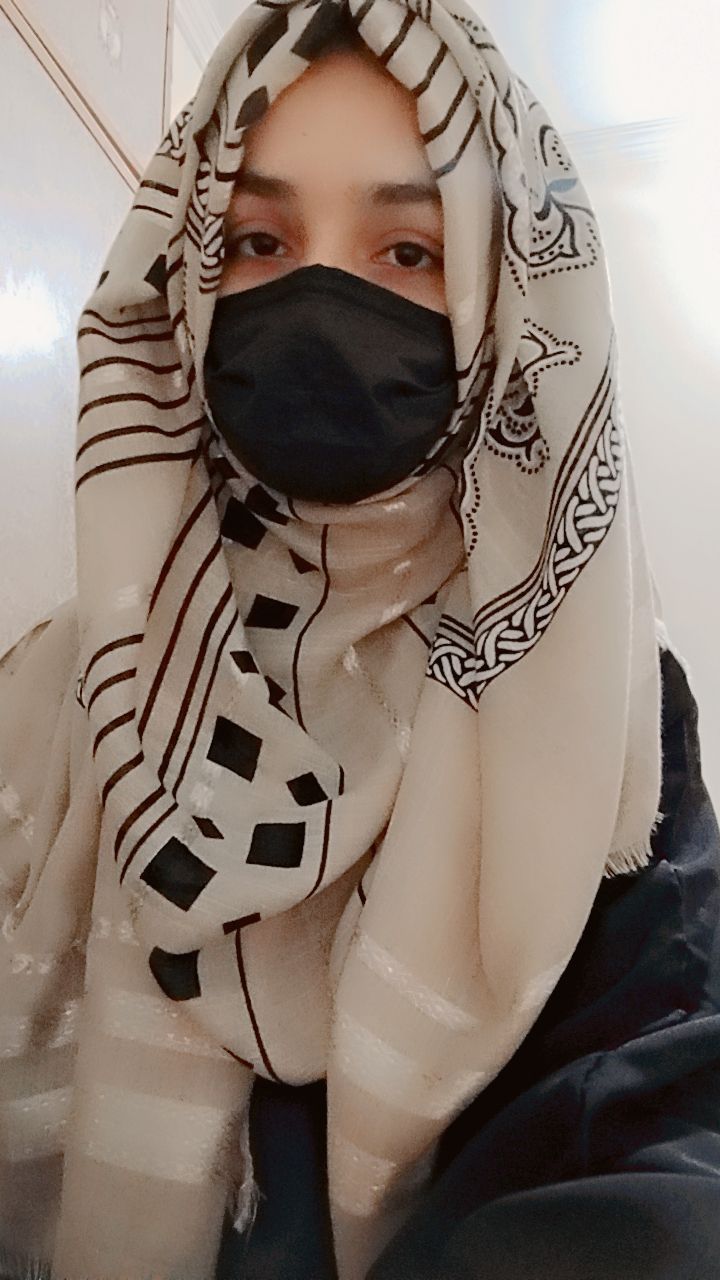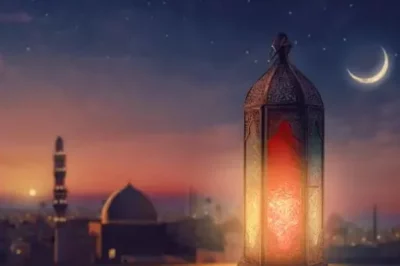Eid-ul-Fitr, often called the “Festival of Breaking the Fast,” marks the end of Ramadan, the holy month of fasting in Islam. This joyous occasion is celebrated by Muslims around the globe with great enthusiasm and communal spirit, symbolizing a period of gratitude, reflection, and unity.
The Significance of Eid ul-Fitr
Eid ul-Fitr holds immense spiritual significance in Islam; it is a day Allah has designated for Muslims to rejoice in completing a month of fasting and worship. The festival begins with the sighting of the new moon, which signifies the end of Ramadan and the start of Shawwal, the tenth month of the Islamic lunar calendar. Eid ul-Fitr is a time to show gratitude to Allah for the help and strength He has provided to believers during Ramadan, enabling them to partake in fasting, prayer, and charity.
Traditions and Celebrations
The celebrations of Eid ul-Fitr are rich with traditions and practices that begin with the performance of the Eid prayer in the congregation. This prayer, conducted shortly after dawn, is an essential element of the Eid celebrations and is followed by a sermon that often emphasizes community support and unity.
Also Read: Russia and Kazakhstan experience devastating Orenburg Floods
Giving Zakat al-Fitr / Sadaqah Al-Fitr
Before the Eid prayers, Muslims must provide Zakat al-Fitr, a charity ensuring the less fortunate can also celebrate the day. Fasting from immoral speech or actions and giving to others purifies them and brings them closer to Allah.
Festive Gatherings and Meals
Eid-ul-Fitr is characterized by festive meals, with families and friends gathering to celebrate the end of Ramadan. Special foods and delicacies are prepared for the occasion, varying from region to region. It is a day marked by joy and hospitality, with homes open to visitors, sharing meals and sweets.
Exchange of Greetings and Gifts
Exchanging greetings of “Eid Mubarak” (Blessed Eid) or “Eid Sa‘eed” (Happy Eid) is customary. Giving gifts, especially to children, is another cherished tradition of Eid-ul-Fitr, fostering feelings of goodwill and brotherhood.
The Spirit of Community
Beyond the festivities, Eid-ul-Fitr embodies the spirit of community and brotherhood in Islam. It is a day that brings together the rich and the poor, the young and the old, strengthening the bonds of kinship and community. Mosques and community centers often organize events and activities for families, emphasizing unity and cooperation among Muslims.
Reflection and Renewal
While Eid-ul-Fitr is a celebration, it also offers a moment for reflection on the spiritual growth achieved during Ramadan. It is a time for Muslims to renew their faith and commitment to Allah’s teachings, carrying forward the lessons of patience, humility, and devotion.
Eid-ul-Fitr is not just a day of celebration; it is a beautiful reminder of gratitude, generosity, and unity that transcends borders and unites hearts across the globe. e. May Allah’s blessings overflow in your life on this auspicious occasion.

I am Bushra Tahir. Doing BS in International Relations from National University Of Modern Languages ( NUML).







